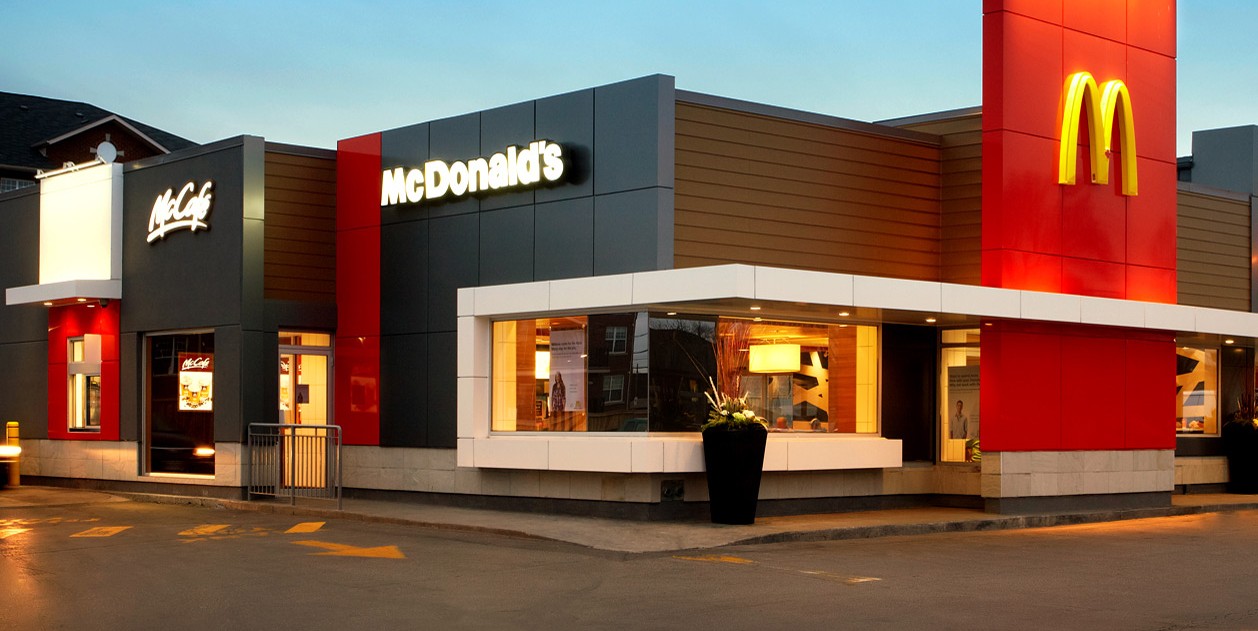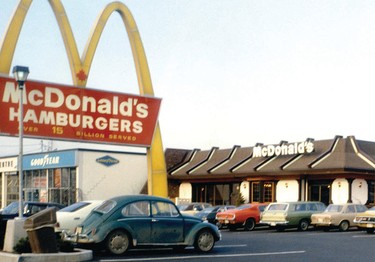How McDonald’s quietly became one of Canadian farmers’ biggest allies

As the sun rises above the hills, Canadian farmer Stephen Hughes daily routine is shaped by a deep connection with the land, animals and deep-rooted Canadian agricultural heritage.
That connection has grown to include McDonald’s Canada.
“Having partners like McDonald’s, who are dedicated to sourcing 100 per cent Canadian beef, plays a crucial role in helping advance agricultural practices and supporting the next generation of Canadian farmers,” says Hughes. “This commitment helps support the resilience of the Canadian beef industry, innovation within the industry and local economies.”
For Canadian farmers and ranchers, being prepared for the unexpected is part of the job. Droughts, fluctuating markets and evolving legislation are constant.
For small operations where margins are the tightest, these challenges can be especially pressing and having a consistent and reliable customer can make all the difference. While McDonald’s Canada works with its trusted supplier Cargill to source Canadian beef, the company’s commitment to the industry helps strengthen the entire ranching community and helps provides stability for farms across the country.
Hughes is one of many ranchers certified by the Canadian Roundtable for Sustainable Beef (CRSB), of which McDonald’s Canada is a founding member and continues to be a strong supporter in developing Canadian standards for the advancement of farming and ranching practices in the beef industry.
But the brand goes beyond sourcing beef — it’s invested in the future of Canadian agriculture. Through programs like Canadian Cattle Young Leaders and 4-H Canada, McDonald’s Canada supports the next generation of farmers, mentoring young leaders and helping to drive innovation that helps sustain the industry for years to come.
“McDonald’s commitment to supporting the beef industry helps ensure that we’re equipped with the tools we need to keep moving forward,” says Hughes. “With McDonald’s restaurants being one of the largest buyers of Canadian beef, it’s reassuring to know that the company is invested in our long-term success.”
This steady support gives operations like Chinook Ranch the confidence to plan for the future — not just get through the next season but build resilience for what’s ahead.
Supporting local economies
McDonald’s restaurants purchase over 72 million pounds of Canadian beef and more than 160 million pounds of Canadian potatoes for its World Famous Fries™ and Hash Browns per year in recent years, a volume that supports farms like Hughes’ and helps sustain local communities. They also purchase Canadian-raised chicken, Canada Grade A eggs, and Canadian dairy, ingredients customers enjoy every day, perhaps without realizing their Canadian roots.
From expansive ranches in Alberta to potato fields in New Brunswick, McDonald’s is an anchor for many rural communities. For farmers, consistent demand means more than revenue. It brings peace of mind. Farmers can invest in improvements, weather economic uncertainty and continue traditions passed from generation to generation.
A shared commitment to the land
Beyond sourcing Canadian ingredients, McDonald’s Canada has taken steps to partner with organizations that help support the future of Canadian agriculture. Through its support of the Beef Cattle Research Council, the company is helping to fund research initiatives that focus on improving soil health, cattle productivity, carbon sequestration and grazing management, designed to help improve productivity while continuing to respect the land.
“For us on the ranch, this kind of research is invaluable,” says Hughes. “It means we have access to the latest findings and practices that can help us run our operations more efficiently.”
The first McDonald’s restaurant in Richmond, B.C. SUPPLIED Grounded in community
One of the reasons McDonald’s Canada’s sourcing model works is because the brand has been deeply grounded in communities since the first restaurant opened in Richmond, B.C. in 1967. More than ninety per cent of McDonald’s restaurants are locally owned and operated by independent franchisees with the remaining 10 per centowned and operated corporately by McDonald’s Restaurants of Canada Limited — meaning the people growing the food and serving it often live in the same community.
The result is a supply chain that ensures the benefits of this large-scale demand don’t just stay in large cities and corporations, but flow back to the small farms and towns they depend on.
That connection extends to employment, with franchisees across the country employing thousands of Canadians, many of whom are entering the job market for the first time.
A lasting legacy
For many Canadians, McDonald’s is a go-to spot for a quick meal, but there’s a lot more going on behind the counter.
Whether it’s restaurants buying Canadian ingredients or the company making investments that help support the farming industry, McDonald’s restaurants not only feed nearly two million guests a day, but fuel the communities they operate in.













